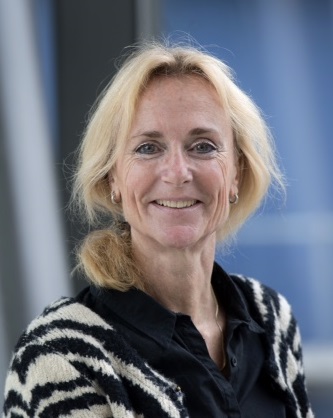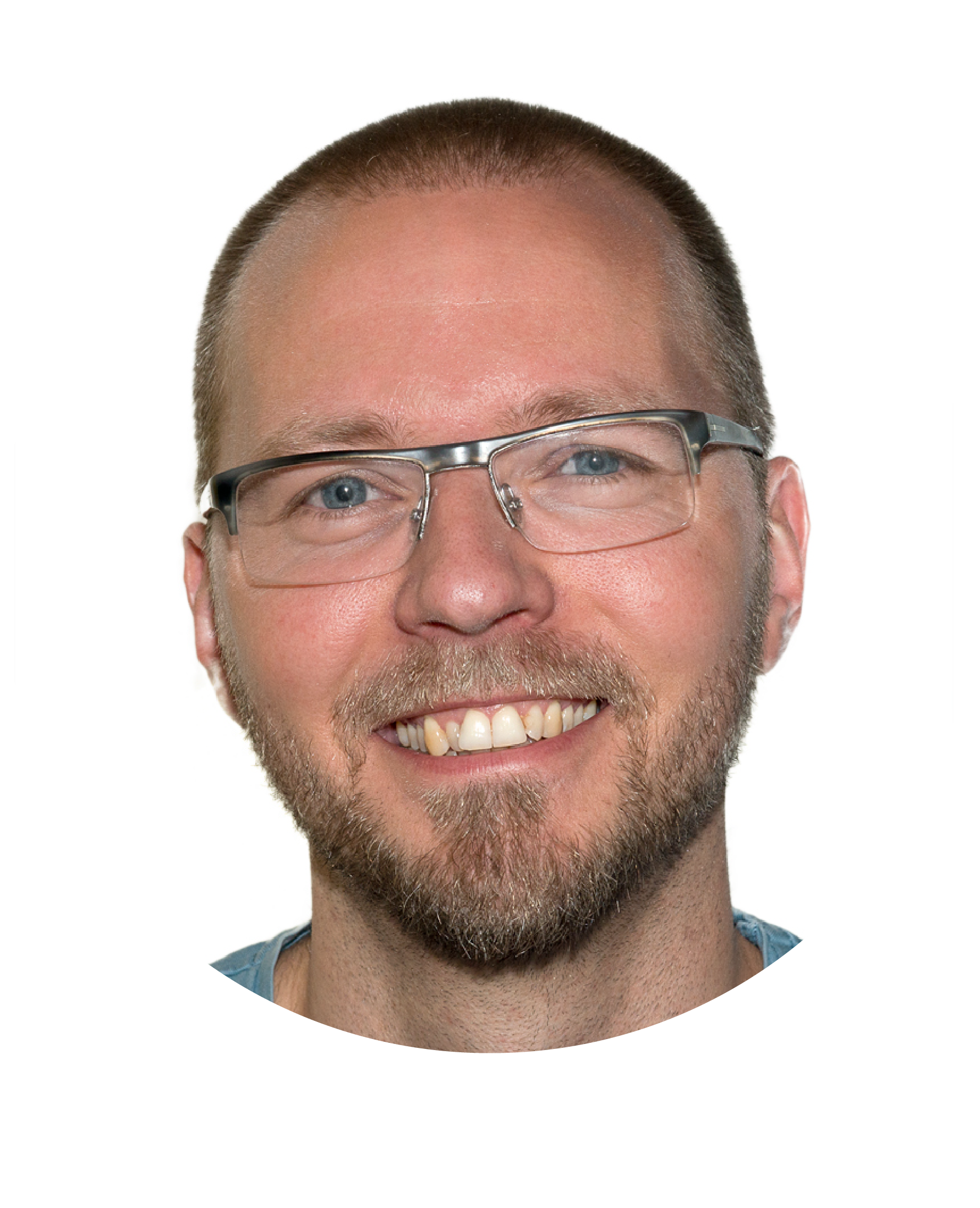The symposium of 2018, Tropical Diseases, took place on the 22nd and 23th of November 2018.
Speakers:

Dr. Nancy Sullivan
National Institute of Allergy and Infectious Diseases (NIAID) at NIH, USA
Tenured Senior Investigator and Chief of the Biodefense Research Section at the Vaccine Research Center, a division of the National Institute of Allergy and Infectious Diseases (NIAID) at the NIH.
Dr. Sullivan’s current research is on the immunologic correlates and mechanisms of protection against infection by hemorrhagic fever viruses such as Ebola, Marburg, and Lassa. Dr. Sullivan and her team have developed highly effective vaccine strategies for Ebola virus infection in non-human primates. Her work on filovirus immunology and vaccine development is widely considered as one of the very best in the field despite the difficulties of conducting research under highly specialized BSL-4 containment conditions. More recently, Dr. Sullivan and her team discovered a potently protective monoclonal antibody, mAb114, from a human Ebola survivor that completely rescues Ebola-infected primates, even when given as a monotherapy several days after their Ebola exposure. Studies with the antibody demonstrated that the most potent mechanism of antibody protection is through high affinity, low pH-stable binding that blocks a critical Ebola interaction with its intracellular receptor, Neimann-Pick C1. This antibody is undergoing Phase I clinical trials in 2018 to support stockpiling in preparation for use in future Ebola outbreaks.

Prof. Dr. Kai Matuschewski
Humboldt-Universität, Berlin, Germany
Professor of Molecular Parasitology at the Humboldt-Universität, Berlin, where they focus on the vector-borne infectious disease. The lab employs experimental genetics in the model rodent malaria system to study the roles of parasite and host genes in Plasmodium life cycle progression.
After finishing his PhD in philosophy in 1998 at the Heidelberg University, he became a postdoctoral scientist at the New York University in Manhattan. In 2001, he became junior group leader at the Heidelberg University and thereafter worked as group leader at the Mäx Planck Institute of Infection Biology. Recently, he is professor of Molecular Parasitology at the Humboldt-Universität at Berlin. Achievements during his career include multiple prizes and awards, such as the German Society Tropical Medicine & International Health award (2005), the Eva and Hans Grohe award (2009) and the Joachim Siebeneicher Foundation award (2005).

Dr. Hermelijn Smits
Leids Universitair Medisch Centrum, Leiden
Associate professor and Head of research group focusing on the exploitation of helminth-induced immunoregulatory mechanisms for therapeutic purposes in prevention and treatment of allergic asthma at the LUMC Parasitology department, Leiden.
Dr. Hermelijn Smits studied Biology at the University of Utrecht and did her PhD-studies at the AMC, Amsterdam on microbial priming of the human immune system and modulation of allergen-specific immune responses. She did a post-doc in the lab of Prof. B. Lambrecht on microbial priming and protection against allergic airway diseases in different mouse models.
Throughout her career, Dr. Hermelijn Smits was involved in several EU consortia (Gabriel, IDEA, TheSchistoVac). Currently, she is leading an international consortium on asthma prevention (AWWA -2018). She has been committee member and chair of the ‘Young Investigators’ (2010-2012) within the Netherlands Society of Respiratory Science (NRS), committee member of the Task Force on ‘Training Young Investigators’ (2015). She is the chair of the working group on Infections and Allergy in the EAACI (2015) and will be a member of the scientific programme committee of the Dutch Society of Immunology (NVVI – 2019). She is on the evaluation board of the ZonMw ‘Off Road’ programme.
Dr. Hermelijn Smits is also actively involved in teaching the next generation of researchers by setting up the NRS national Lung course for PhD-students and the new advanced LIFI course on ‘Immunology, Infections and Tolerance’.

Prof. Dr. Wilbert Bitter
VU Medisch Centrum, Amsterdam
Professor of Molecular and Medical Microbiology at the VU university of Amsterdam and VU university medical center, Amsterdam, where they focus on virulence and pathogenesis of Mycobacterium tuberculosis, and how the cell envelopes of different bacteria function.
After his MSc study in Biology, he completed his PhD in Molecular Microbiology at the University of Utrecht in 1992. In 1993, he won the Unilever research award for young scientist. He then held a postdoc position in parasitology at the Dutch Cancer Institute (NKI). In 1995, he returned to the University of Utrecht for a postdoc and subsequently an assistant professor position. In 2001 he started his own group in the VU university medical center and since 2010 he is a full professor. Prof. Dr. Wilbert Bitter is a member of the Scientific Committee of the Dutch Society of Medical Microbiology (NVMM), and is associate editor of FEMS Microbiology Reviews.

Prof. Dr. Annemieke Geluk
Leids Universitair Medisch Centrum, Leiden
Professor of immunodiagnostics of mycobacterial infectious diseases, leprosy and tuberculosis. Additionally, her research group at the LUMC functions as the national reference centre for routine serological diagnosis of leprosy, and provides this service also in Europe.
Prof. Dr. Annemieke Geluk did her masters in Chemistry at the University of Leiden and the University of Virginia, Charlottesville, USA. Afterwards she did her PhD in Immunology at the LUMC, Dept. IHB (HLA-DR3/Peptide/ T cell Interactions) and worked at Cytel Corporation, San Diego, USA. She received postdoctoral training at the Mayo Clinic, Rochester, MN, USA and was acknowledged a 5-year fellowship by the Royal Dutch Academy of Sciences during which period she focused on the immunology of leprosy and tuberculosis, particularly the identification of HLA-restricted Tcell (epitopes) that are essential to protective immunity or immunopathology and biomarkers for development of immunodiagnostics. Currently, her research focusses on Immunodiagnostics of Leprosy including basic-, translational-, applied- as well as field research and Tuberculosis Vaccine Development using HLA transgenic mouse models. She is a member of the steering committee of the IDEAL consortium (Initiative for Diagnostic and Epidemiological Assays for Leprosy) and has designed and coordinated several large-scale, multi-center studies in e.g. Bangladesh, Brazil, Ethiopia and Nepal.
During the Infection and Immunity symposium 2018, two rounds of workshops will be held, one on Thursday November 22nd and the other on Friday November 23rd.
Mini lectures
On Thursday 22nd of November you will have the opportunity to explore the field of Tropical Diseases in more depth by attending a “mini lecture” of choice.
Dr. Epco Hasker
Institute of Tropical Medicine, Antwerp, Belgium
Scientific collaborator working on neglected tropical diseases: visceral leishmaniasis and human African trypanosomiasis (HAT). He teaches statistics and epidemiology at ITM.
Dr. Epco Hasker graduated as a medical doctor from Erasmus University in Rotterdam and studied tropical medicine at the Institute of Tropical Medicine (ITM) in Antwerp, Belgium. From 1993 till 2001 he worked on leprosy and tuberculosis control programs in Nigeria and Afghanistan/Pakistan. In 2001 he returned to ITM and obtained an MSc in ‘Disease Control’ in 2002. After obtaining his MSc he returned to tuberculosis control; for 6 years he worked in countries of the former Soviet Union (Ukraine, Uzbekistan, Tajikistan, Turkmenistan, Kyrgyzstan, Kazakhstan). In 2008 he again joined ITM, this time as a scientific collaborator working on neglected tropical diseases, in particular visceral leishmaniasis and human African trypanosomiasis (HAT). Currently he teaches statistics and epidemiology in the MPH courses at ITM and in the European Course on Tropical Epidemiology (ECTE). He is also involved in research projects on visceral leishmaniasis (mainly in India) and HAT (mainly in the Democratic Republic of the Congo).

Dr. Jetske de Boer
Netherlands Institute of Ecology (NIOO-KNAW), Wageningen
Researcher in Entomology and Chemical Ecology. She is involved in a project ‘Cognitive consequences of natural variation in learning in parasitic wasps’ at Wageningen University and researches chemical signalling of malaria parasites.
I am an entomologist with broad expertise in behavior of insects. I am particularly interested in how insects respond to volatile chemicals. These volatiles can provide important information when insects search for food, for example in case of mosquitoes that search for a blood meal. At Wageningen University, I studied the effects of malaria parasites on the human volatile profile and how this affects mosquito searching behavior. I currently study hyperparasitoids at the Netherlands Institute of Ecology in Wageningen. These tiny insects hamper biological control of aphids in sweet pepper greenhouses and I am investigating how we can lure them to a trap to solve this problem.

Prof. Dr. Ron Hokke
Leids Universitair Medisch Centrum, Leiden
Professor Parasite Glycobiology at the Parasitology department, Leiden University Medical Centre (LUMC). His research focusses on host-pathogen intereactions.
Prof. Dr. Ron Hokke studied Chemistry at Utrecht University. He promoted in 1993 at Utrecht University, on the determination of the structure of glycoprotein glycans. At the VU University of Amsterdam he expanded his knowledge on medical glycobiology. In 2000 he joined the Parasitology department of Leiden University Medical Centre (LUMC) to apply his knowledge on glycobiology to parasitic infections. He is mostly interested in host-pathogen interactions. In March 2017 he was appointed as professor at LUMC.
Dr. Gijs van Nierop
Erasmus Medisch Centrum, Rotterdam
Post-doctoral researcher at the department of Viroscience, studying the role of virus-specific antibodies in host protection and immune pathogenesis, with a main focus on flaviviruses and influenza.
After his studying Chemistry at the Utrecht University, Dr. Van Nierop pursued a career in Life Sciences. After working as a research technician at the Department of Molecular Cell Biology of the Leiden University Medical Center and the Department of Viroscience at the Erasmus MC, he did his PhD-studies at the department of Neurology on the role of autoimmunity and Epstein-Barr virus-specific immunity in multiple sclerosis, giving him a strong background in immunopathology. Next, he initiated an innovative B-cell platform to generate endogenously synthesized human monoclonal antibodies, which was recently awarded with a grant from the Viroscience Talent Fund. This allows him to study the role of virus serotype-specific or cross-reactive antibodies in host protection and immunopathology.
Career workshops
On Friday the 23rd of November the workshops will cover several career opportunities. How do you get a PhD position? What about a career combining science and communication to the public? Maybe you are curious about a career in a company?

Dr. Nancy Sullivan
National Institute of Allergy and Infectious Diseases (NIAID) at NIH, USA
Tenured Senior Investigator and Chief of the Biodefense Research Section at the Vaccine Research Center, a division of the National Institute of Allergy and Infectious Diseases (NIAID) at the NIH.

Prof. Dr. Kai Matuschewski
Humboldt-Universität, Berlin, Germany
Professor of Molecular Parasitology at the Humboldt-Universität, Berlin, where they focus on the vector-borne infectious disease. The lab employs experimental genetics in the model rodent malaria system to study the roles of parasite and host genes in Plasmodium life cycle progression.
Dr. Joan van der Lubbe
Janssen Biologics BV, Leiden
Scientist Pre-clinical characterization in universal influenza vaccines at Janssen Vaccines and Prevention.
Dr. Joan van der Lubbe studied Biomedical Sciences at the Vrije Universiteit in Amsterdam. In 2011 she finished her master Infection and Immunity at the Erasmus University Rotterdam. After her Master she did her promotion research, which was funded and located at Janssen Vaccines and Prevention in Leiden. Currently Joan van der Lubbe is working as a scientist pre-clinical characterization, with her research focussing on universal influenza vaccines, at Janssen Vaccines and Prevention.
Dr. Nele de Klerk
Natura Artis Magistra, Amsterdam
Laboratory team leader at Micropia, Museum of Microbes in Amsterdam.
Dr. Nele de Klerk studied Biomedical Sciences at Utrecht University, completing the Infection & Immunity master programme in 2010. In 2016 she finished her PhD at Stockholm University focusing on the interaction between the human-specific bacterium Helicobacter pylori and its host. After another 1,5 years of research at the Karolinska Institute in Stockholm she decided to leave academia and put her efforts into spreading knowledge about micro-organisms to the general public. Currently, she is the team leader at the laboratory of Micropia in Amsterdam, the first and only museum revealing the invisible world of microbes.


